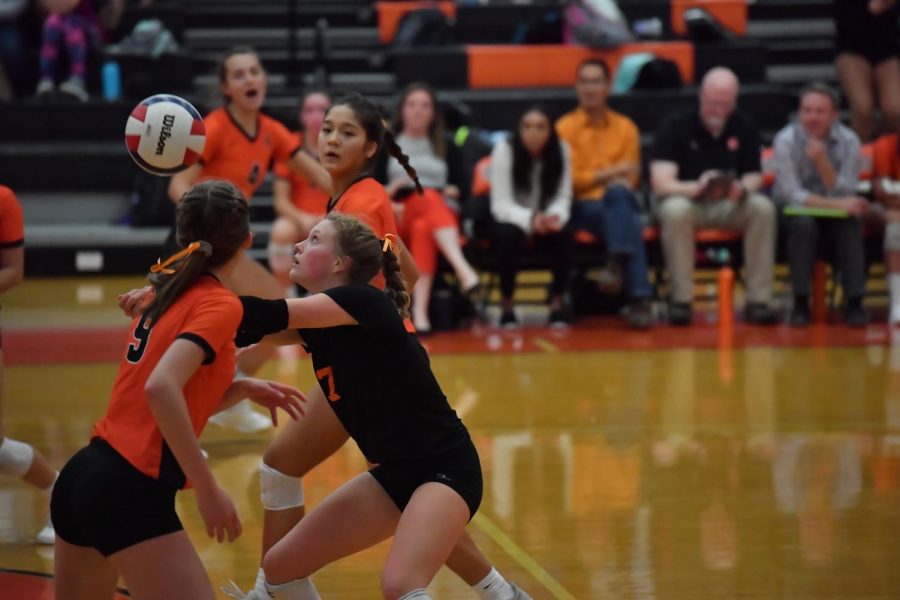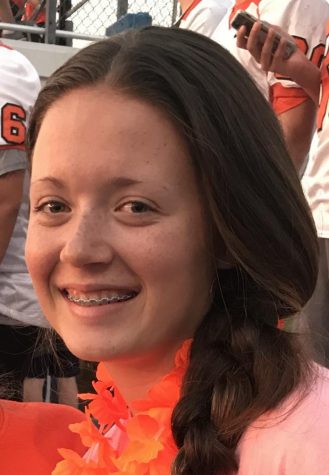High school athletes often dream of competing at the college level –but the odds are not in their favor. The reality is less than 17% of the 8 million high school athletes go on to play in college. Without athletic recruiting the chances of setting foot onto a college court are even lower.
Like the typical college search process, recruiting can sometimes be difficult to navigate.
Student athletes need to learn everything they can about a school and its athletic program, from GPA requirements to what a typical daily schedule looks like for an athlete. In the process, they must follow a strict set of contact guidelines — like a limit of five official visits — to potential schools.
This, all while attending high school practices, games, and tournaments, while making highlight reels and skills videos, and maintaining their grades and earning standardized tests scores to be academically eligible for the NCAA.
But unlike the traditional college application process, recruiting is a two way street. While athletes want to attract colleges, college athletic programs want to sell themselves to high school athletes.
During recruiting, college coaches and recruiters travel to showcases and tournaments, answer hundreds of emails from recruits, and market their programs to student athletes.
Recruiting, which is already difficult, has only become more challenging for college coaches and high school athletes this year due to the COVID-19 pandemic.
For Illinois Wesleyan University women’s volleyball coach Kim Nelson-Brown, COVID-19 “has really thrown a wrench” into recruiting for the 2021-22 season.
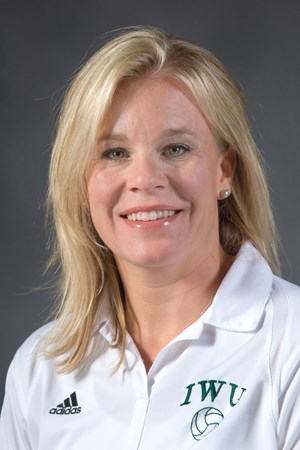
“The unknown and not being able to plan” for when the seasons start or when tournaments are, Nelson-Brown said, “is difficult right now.”
Nelson-Brown, in her 25th year as head coach, traditionally uses club volleyball matches to evaluate potential players because, she said, “we can see more kids at one time.”
The fact IWU’s season could potentially overlap with the local club volleyball season, Nelson-Brown said, makes her recruiting process more difficult and frustrating.
“Once we kind of have a schedule and have an idea of when we’re going to be competing,” the veteran coach said, “that’s going to give us a better idea of how much of an impact that [Wesleyan competing] in the spring is going to have in our recruiting.”
Typically, by mid-November, Nelson-Brown has already attended state tournaments, conference games, and many club showcases in the McLean county and Chicagoland area. However, IWU is not allowing their coaches to travel or attend tournaments in person.
Nelson-Brown has been able to scout this fall by watching player highlight reels on Facebook and YouTube and by viewing virtual showcases and tournaments posted online.
The only controlled situations, situations that are 100% real and live without cutting out clips, Nelson-Brown is able to evaluate athletes by is when teams record the game on Facebook or YouTube, or when “virtual” showcases stream games live. Nelson-Brown finds this feature “beneficial.”
While Nelson-Brown is feeling “a little bit behind,” she knows that she is not alone. “A lot of schools are in the same position as us,” she said.
Even at Illinois Wesleyan University, other coaches share Nelson-Brown’s feelings.
Brandon Mueller, coach of the University’s men’s volleyball team, wishes he could attend tournaments to spark interest in the first-year program.
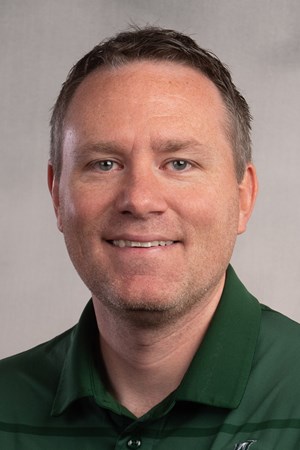
“There aren’t a ton of men’s volleyball programs,” Mueller said, “so the big thing for us is just getting our name out there.”
Mueller, who was hired in September of last year, said, “recruiting was the number one thing on my mind as soon as I stepped foot on campus.”
For Mueller, it is important to find the “right type of guys” to build a program with. But with the high school volleyball season occurring in the spring, his opportunities to see players live have been limited.
“But I have not been out to actually see guys physically play yet,” Mueller said. Mueller has been relying on videos and highlight reels to evaluate candidate recruits.
Mueller believes that while video has it’s benefits and is a “good tool” for recruiting, it limits being able to see players’ interactions with each other and their personalities which “tend to change” on footage.
“Seeing my recruits play in person, how they interact with their teammates, how they act when they struggle, and how they act on the bench are all important to me,” Mueller said.
While Mueller wishes he could see recruits in action, Nelson-Brown wishes she had more potential recruits to choose from.
Nelson-Brown is feeling “a little bit of panic” struggling to generate recruiting candidates from the high school class of 2022. The last time IWU was able to assess players in-person these athletes were sophomores, and recruiters normally are focused on upperclassmen.
Junior Isabelle McCormick, libero on the NCHS varsity volleyball team, is one of the members of the Class of ‘22 hoping to get recruited to play in college.
McCormick hopes to compete at the Division I college level because volleyball has been a part of her life for so long that she doesn’t feel ready to give it up yet, she said.
McCormick’s recruitment process has felt like what athletes and coaches call a “dead period,” a period of time where college coaches can’t have face-to-face interactions with a potential recruit, or watch the athlete compete live or athletes visit their school.
“It’s hard to like, go to Kansas or anything like that,” McCormick said. McCormick, who is talking to schools like Villanova in Pennsylvania, is unable to visit.
Due to the number of COVID-19 cases in other states, “It’s been hard to visit [schools] in other states,” McCormick said, “because different states have different restrictions.”
Although COVID-19 has made it feel like “there’s nothing happening right now,” McCormick has been researching schools, contacting and emailing coaches, sending out highlight videos and her stats.
These are the steps Nelson-Brown would advise any high school athlete who wants to be recruited during the COVID-19 pandemic to take.
Nelson-Brown said being “persistent” by reaching out to as many college coaches as early and often as possible will make student athletes standout during this time.
Standing out may be more important now than ever, because Mueller thinks COVID may cause a lot of student-athletes who deserve to be looked at to “slip through the cracks.”

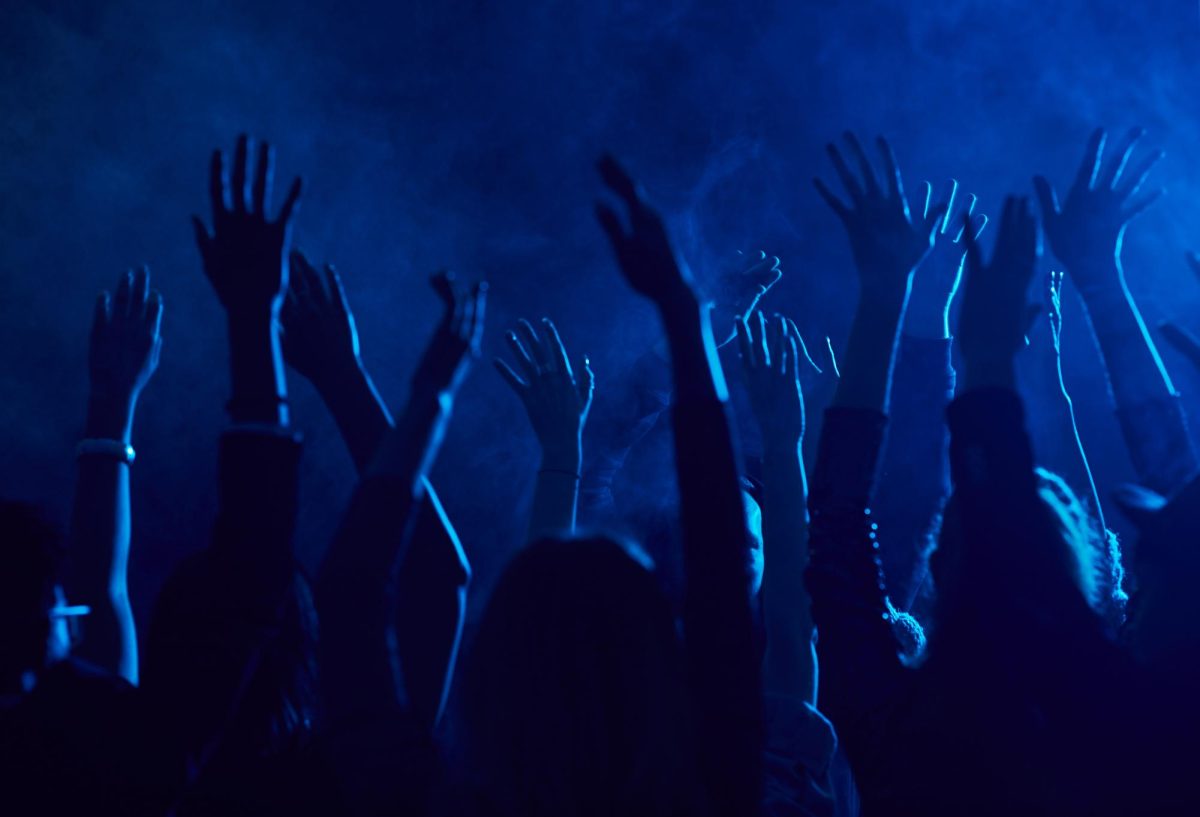
![Community honors longtime coach Mr. Bryan Thomas before Oct. 3 game [photo gallery]](https://nchsinkspot.com/wp-content/uploads/2025/10/Thomas-6-1200x1200.jpg)
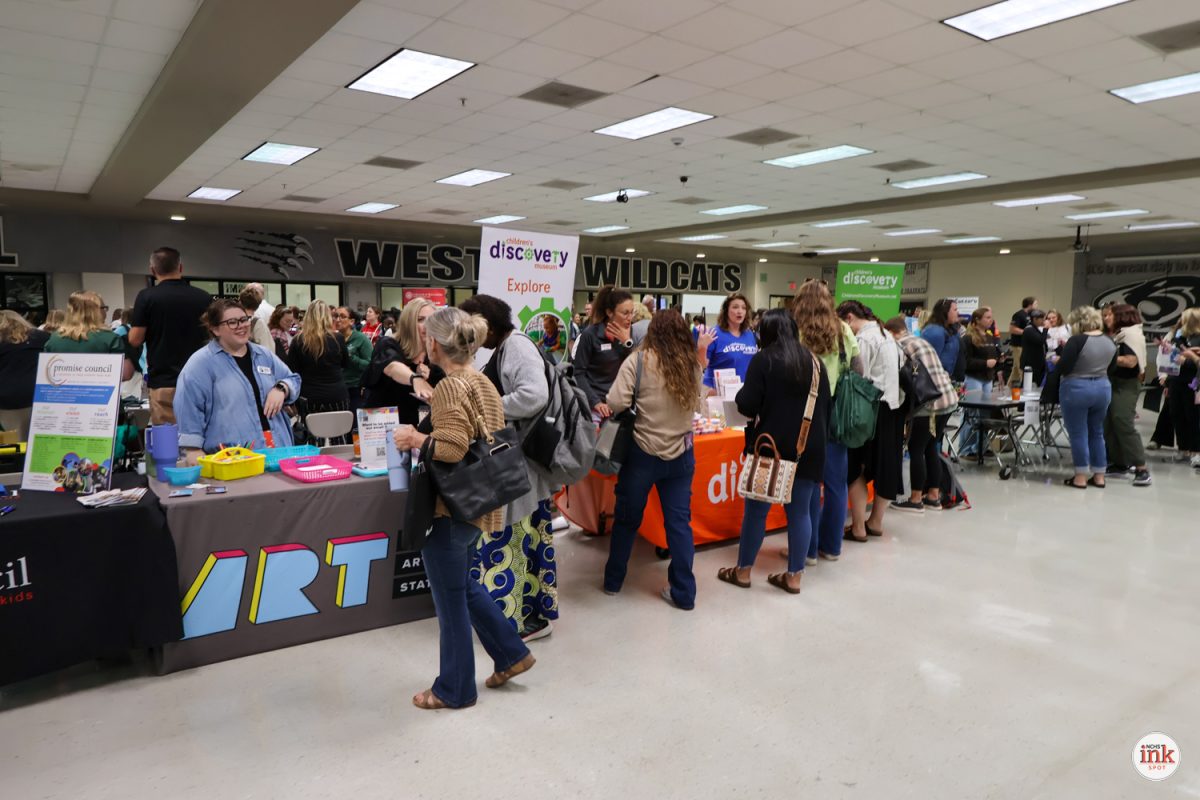
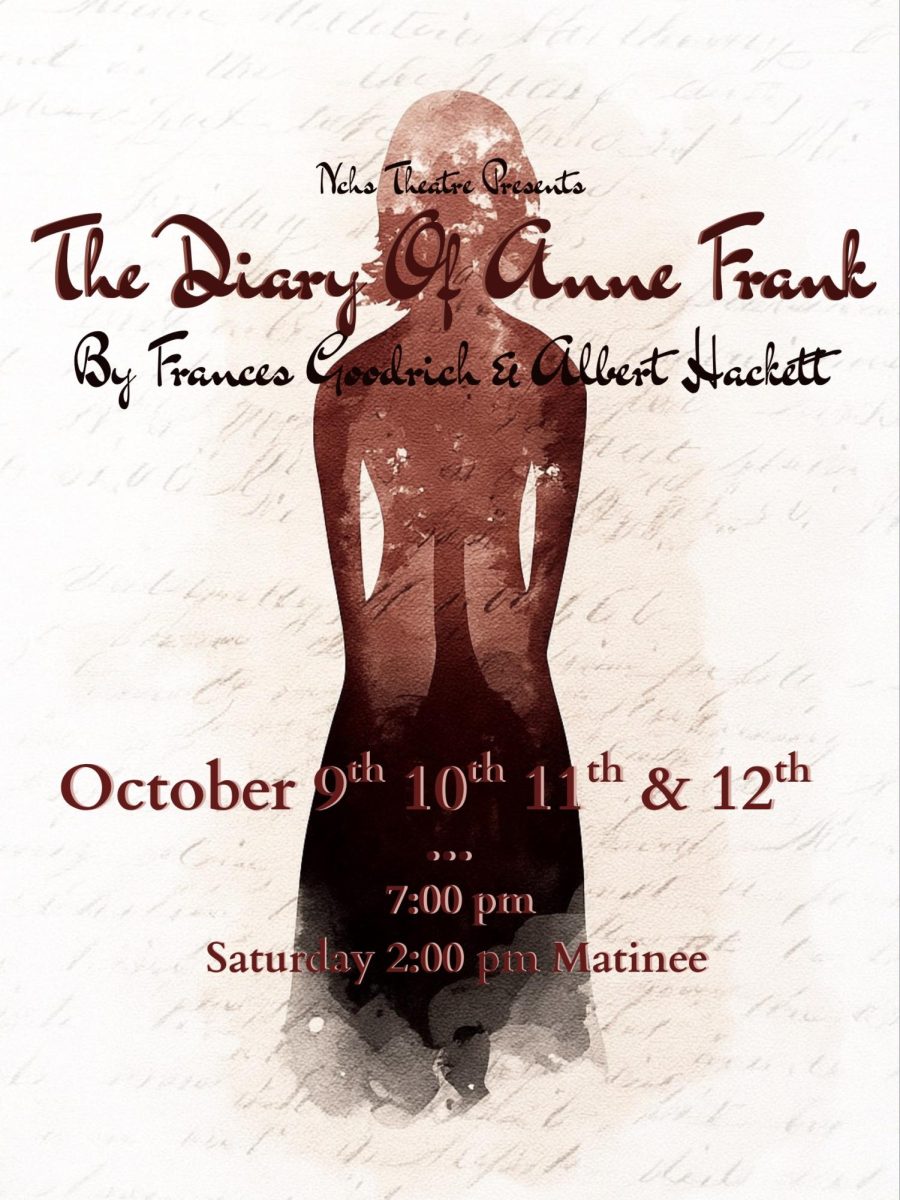
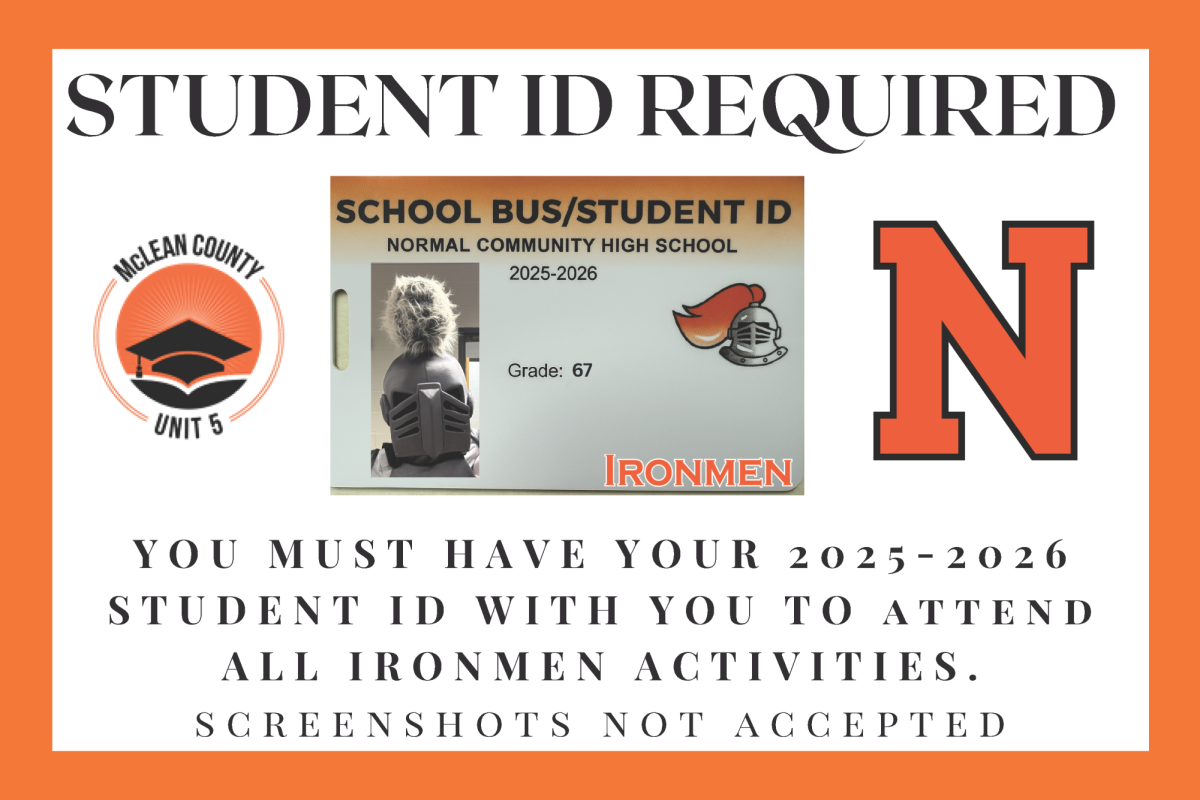
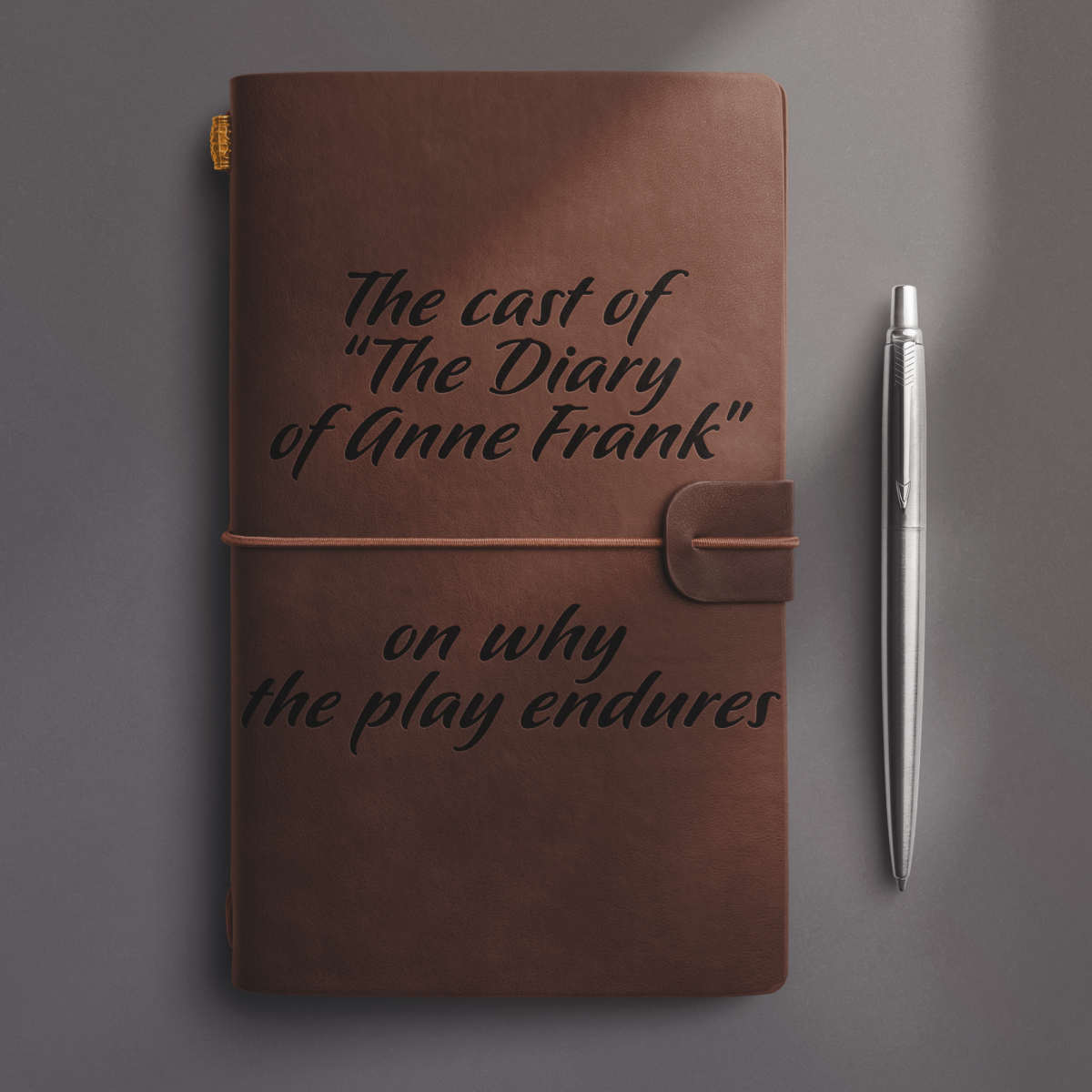
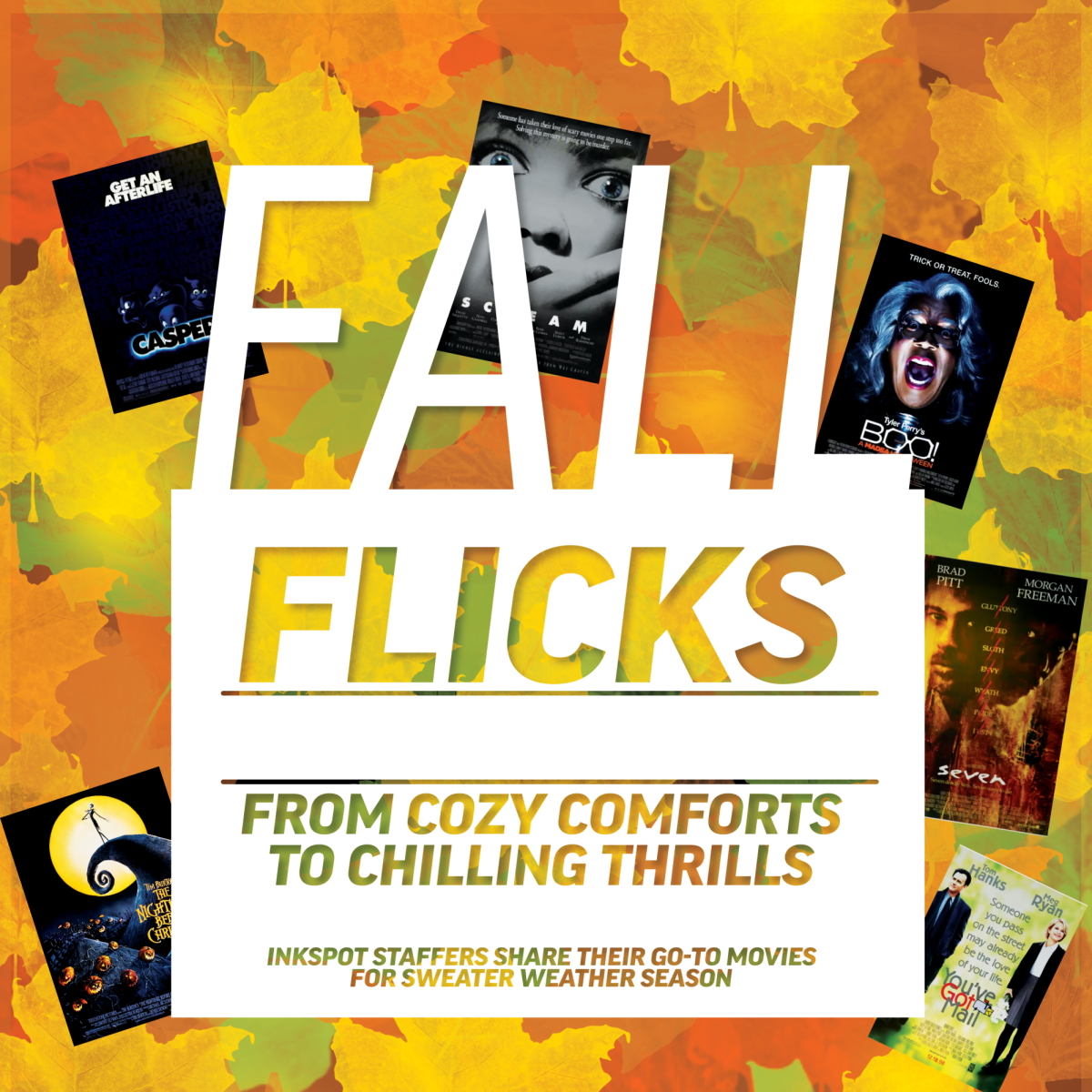


















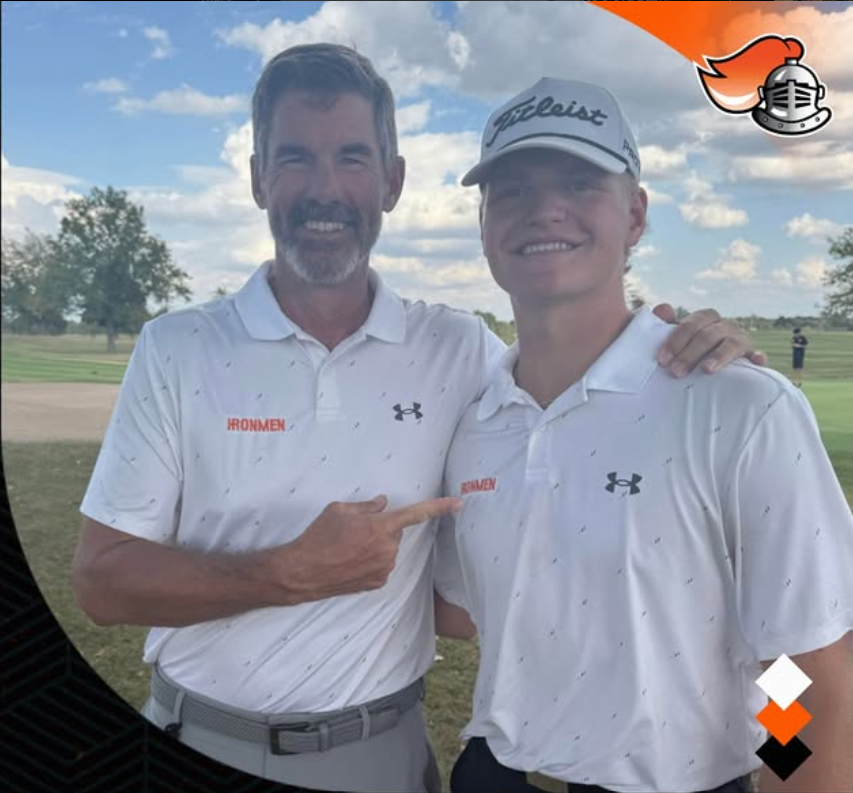
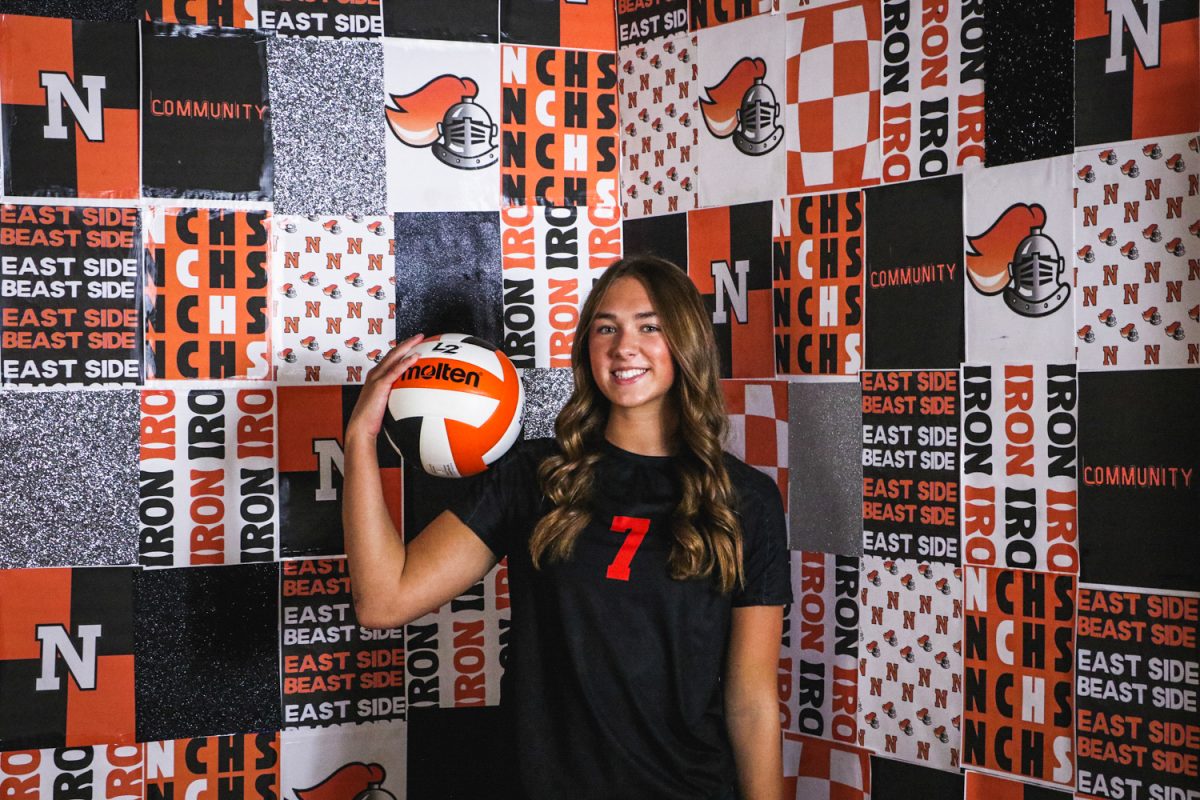
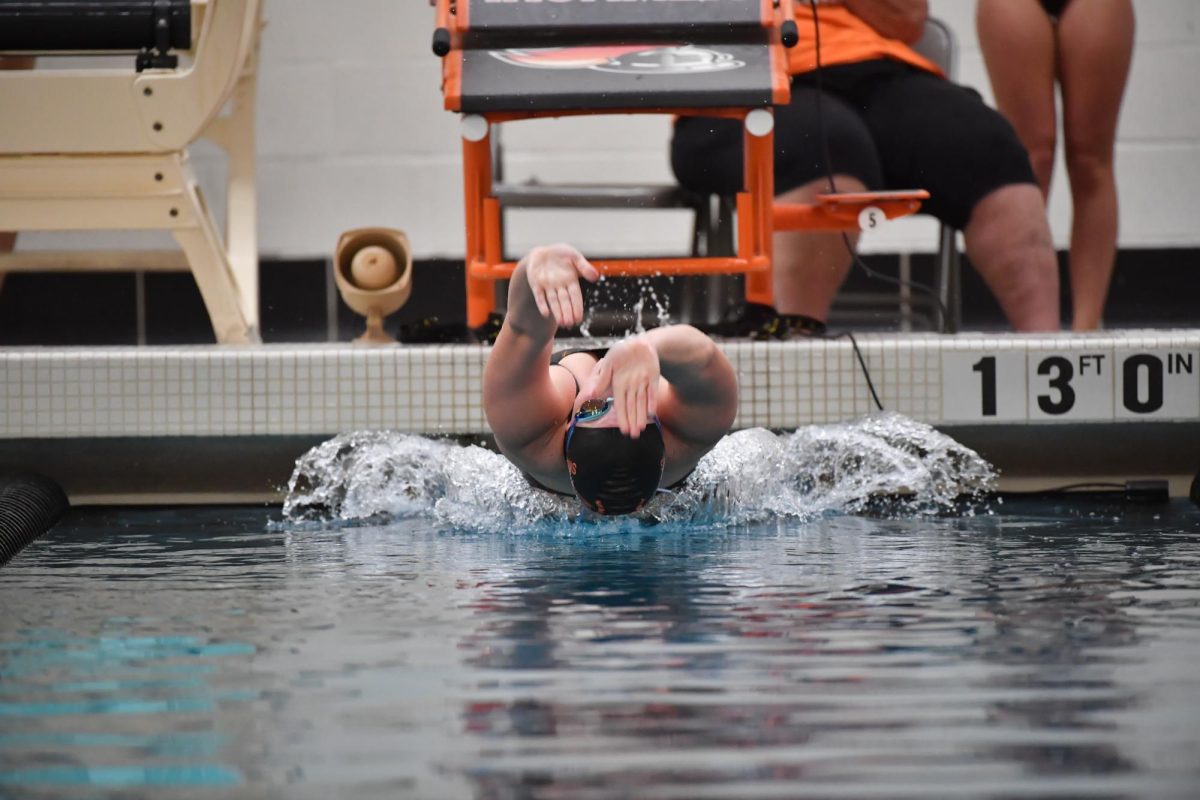
![Week 7: Coach Drengwitz recaps the Ironmen’s win over Bloomington, talks Danville [video]](https://nchsinkspot.com/wp-content/uploads/2025/10/Vikings-feature-Image-1200x675.png)
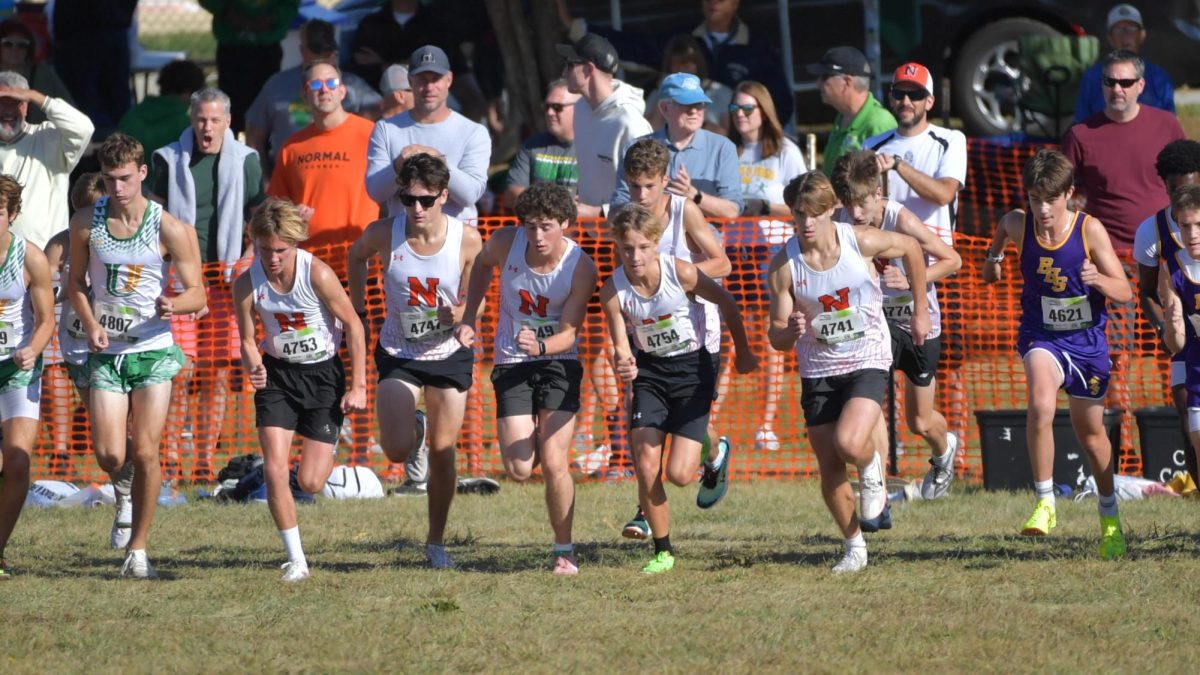





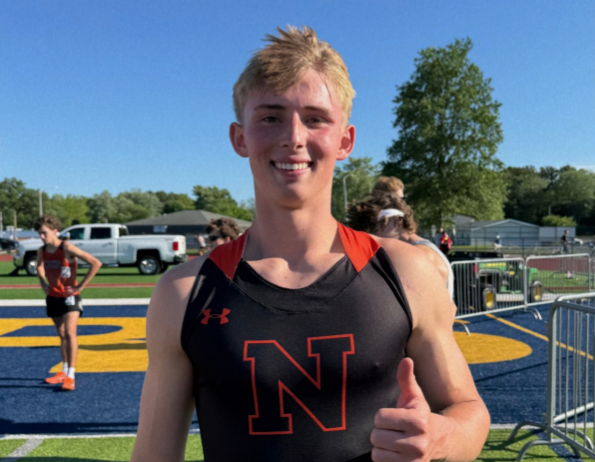
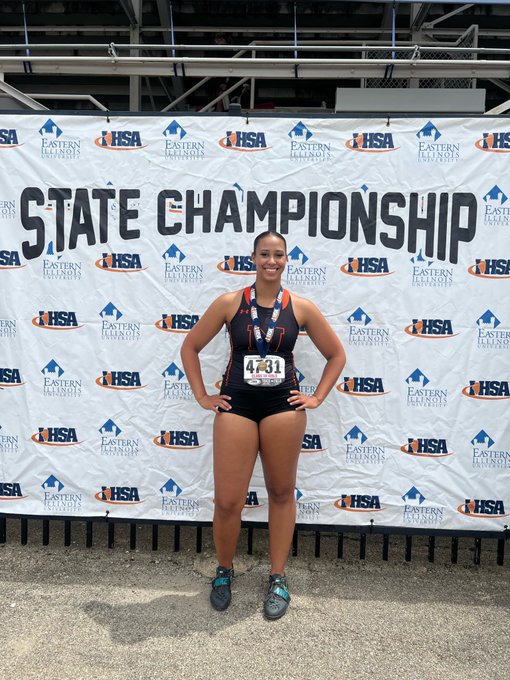
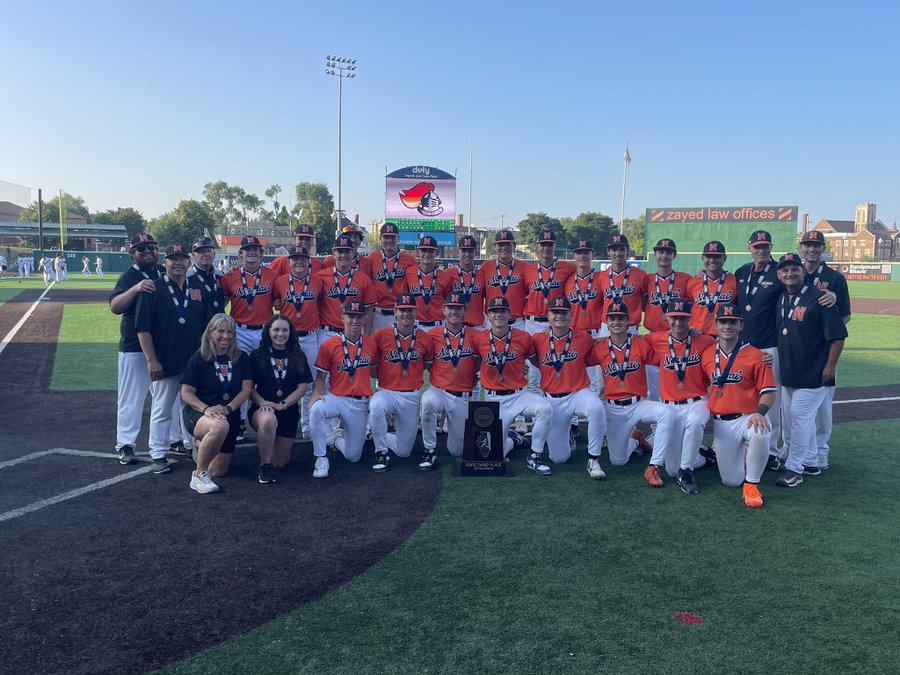








![Halloween candy cross section quiz [quiz]](https://nchsinkspot.com/wp-content/uploads/2022/10/Candy-cover-big-900x675.png)
![Average Jonah? [quiz]](https://nchsinkspot.com/wp-content/uploads/2022/05/average-jonah-900x600.png)







![[Photo Illustration]](https://nchsinkspot.com/wp-content/uploads/2025/09/trigger-words.png)










![Week 5: Coach Drengwitz previews the Ironmen’s matchup vs. Peoria Manual, recaps Week 4 [video]](https://nchsinkspot.com/wp-content/uploads/2025/09/Week-5-v-Rams-1200x675.png)





![Postgame reaction: Coach Drengwitz on Community’s 28-17 Loss to Kankakee [video]](https://nchsinkspot.com/wp-content/uploads/2025/09/Week-4-postgame--1200x675.png)
![Week 4: Coach Drengwitz previews the Ironmen’s matchup vs. Kankakee [video]](https://nchsinkspot.com/wp-content/uploads/2025/09/Ironmen-v-Kankakee-video-1200x1200.png)
![On the Spot: This or That – Halloween [video]](https://nchsinkspot.com/wp-content/uploads/2024/10/tot-Halloween-YT-1200x675.png)
![On the Spot: This or That – Fall favorites [video]](https://nchsinkspot.com/wp-content/uploads/2024/10/ots-fall-web-1200x800.png)
![On the Spot – Teachers tested on 2023’s hottest words [video]](https://nchsinkspot.com/wp-content/uploads/2024/01/On-the-Spot-Teachers-tested-1200x675.png)








